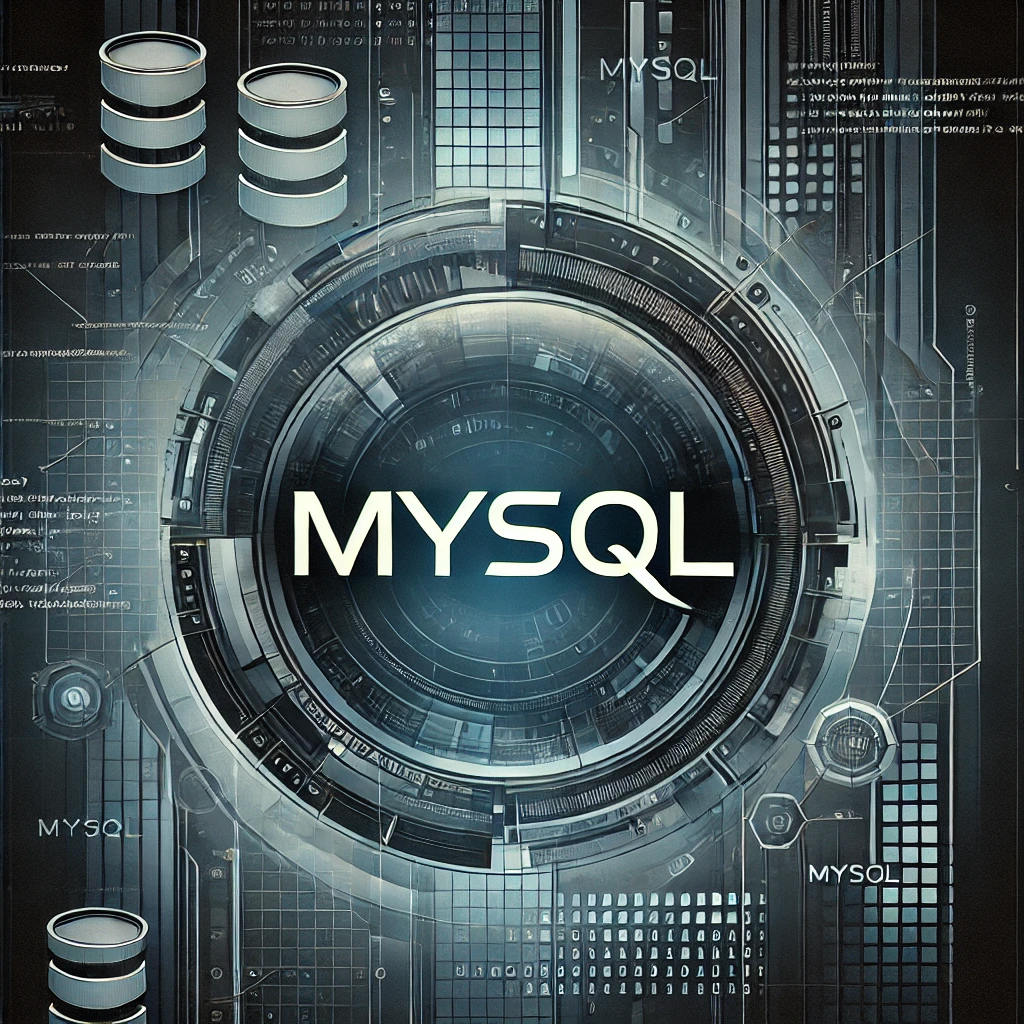
PostgreSQL vs. MySQL: Comparing Relational Databases for VPS Hosting
Selecting the right relational database management system (RDBMS) is crucial for optimizing application performance, scalability, and data integrity. PostgreSQL and MySQL are two leading open-source RDBMS options, each with distinct strengths suited to different use cases. This article compares their features, performance, and scalability, highlighting how VPS.DO’s VPS hosting supports both databases for diverse technical requirements.
What is PostgreSQL?
PostgreSQL, often referred to as Postgres, is an advanced open-source RDBMS known for its robustness, extensibility, and adherence to SQL standards. With over three decades of development, it supports a wide range of data types and advanced features, making it ideal for complex, data-intensive applications. PostgreSQL’s flexibility and reliability make it a preferred choice for enterprise-grade solutions.
Key Features of PostgreSQL
- ACID Compliance: Ensures reliable transactions through atomicity, consistency, isolation, and durability.
- JSON Support: Offers robust JSON and JSONB data types for semi-structured data, with advanced querying capabilities.
- Extensibility: Allows custom data types, functions, and operators to tailor database behavior.
- Advanced Indexing: Supports multiple indexing methods (B-tree, GiST, GIN, etc.) for optimized query performance.
- MVCC: Multi-Version Concurrency Control ensures high concurrency without locking delays.
- Full-Text Search: Provides powerful text search capabilities for efficient content retrieval.
What is MySQL?
MySQL is a widely-used open-source RDBMS renowned for its speed, simplicity, and reliability, particularly in web applications. It is a cornerstone of the LAMP stack (Linux, Apache, MySQL, PHP/Python/Perl) and is managed by Oracle Corporation. MySQL’s ease of use and performance make it a go-to choice for developers building scalable web solutions.
VPS.DO’s VPS hosting, with plans starting at $4/month for 1 vCPU and 30 GB SSD, supports MySQL’s performance and scalability needs effectively.
Key Features of MySQL
- High Performance: Optimized for read-heavy operations, delivering fast query execution.
- ACID Compliance: Ensures transaction reliability, particularly with the InnoDB storage engine.
- Replication: Supports master-slave and master-master replication for redundancy and scalability.
- Multiple Storage Engines: Offers flexibility with engines like InnoDB and MyISAM for varied use cases.
- Security Features: Includes SSL support, data encryption, and authentication plugins for data protection.
- Partitioning: Divides large tables into manageable segments for improved performance.
PostgreSQL vs. MySQL: Similarities
Both PostgreSQL and MySQL are open-source RDBMS solutions with robust feature sets, making them suitable for a wide range of applications.
- Open-Source Nature: Freely available with active communities driving continuous improvements.
- SQL Compliance: Adhere to SQL standards, supporting complex queries and portable applications.
- ACID Compliance: Ensure reliable transactions, critical for enterprise and e-commerce applications.
- Cross-Platform Support: Compatible with Linux, Windows, and macOS, ideal for deployment on VPS.DO’s versatile VPS plans.
PostgreSQL vs. MySQL: A Technical Comparison
While PostgreSQL and MySQL share similarities, their differences in performance, extensibility, and use cases influence their suitability for specific applications.
1. Performance
- PostgreSQL: Excels in complex queries and large datasets, leveraging advanced indexing and optimization for analytical workloads.
- MySQL: Optimized for read-heavy operations, ideal for web applications with high read-to-write ratios, supported by VPS.DO’s high-performance plans.
2. Extensibility
- PostgreSQL: Highly extensible, supporting custom data types and functions, perfect for tailored applications.
- MySQL: Offers flexibility through multiple storage engines but lacks PostgreSQL’s depth in customization.
3. JSON Support
- PostgreSQL: Provides advanced JSON/JSONB support with robust querying, ideal for semi-structured data applications.
- MySQL: Supports JSON but with less advanced functionality, suitable for basic JSON requirements.
4. Concurrency Control
- PostgreSQL: Uses MVCC for efficient concurrent transactions, minimizing locking delays.
- MySQL: Offers row-level locking (InnoDB), effective but less robust than PostgreSQL’s MVCC in high-concurrency scenarios.
5. Full-Text Search
- PostgreSQL: Features advanced full-text search capabilities, ideal for text-heavy applications.
- MySQL: Supports full-text search (InnoDB, MyISAM), but less powerful than PostgreSQL’s implementation.
Comparison Table: PostgreSQL vs. MySQL
| Aspect | PostgreSQL | MySQL |
|---|---|---|
| Performance | Complex queries, large datasets | Read-heavy, web applications |
| Extensibility | Custom types, functions | Multiple storage engines |
| JSON Support | Advanced, query-rich | Basic, functional |
| Concurrency | MVCC, high efficiency | Row-level locking (InnoDB) |
| Full-Text Search | Advanced, flexible | Limited, engine-dependent |
Use Cases and Applications
Choosing between PostgreSQL and MySQL depends on your application’s requirements and workload characteristics.
When to Use PostgreSQL
- Data Analytics: Ideal for complex queries and reporting, supported by VPS.DO’s high-capacity plans up to 14 vCPUs.
- Custom Applications: Suits projects requiring custom data types or advanced JSON processing.
- High-Concurrency Systems: Handles concurrent transactions efficiently for enterprise applications.
When to Use MySQL
- Web Applications: Optimized for read-heavy operations in LAMP-stack environments, hosted on VPS.DO’s entry-level plans.
- Simple Workloads: Best for straightforward applications with minimal customization needs.
- E-Commerce Platforms: Supports fast transaction processing with InnoDB for online stores.
Combining PostgreSQL and MySQL
In some scenarios, applications may benefit from using both databases. For example, MySQL can handle read-heavy web frontends, while PostgreSQL manages complex backend analytics, both deployed on VPS.DO’s scalable VPS plans with up to 10 TB bandwidth.
Deployment on VPS.DO
VPS.DO’s VPS hosting supports both PostgreSQL and MySQL with flexible plans tailored to their resource needs. PostgreSQL benefits from higher memory and CPU plans (e.g., 6 vCPUs/12 GB RAM) for complex workloads, while MySQL performs efficiently on lighter plans (e.g., 2 vCPUs/4 GB RAM) for web applications. Both databases can leverage SSD storage and high-bandwidth connectivity for optimal performance.
Conclusion
PostgreSQL and MySQL are powerful open-source RDBMS options with complementary strengths. PostgreSQL excels in complex, data-intensive applications with advanced features like JSON support and MVCC, while MySQL is ideal for read-heavy web applications with simplicity and speed. By utilizing VPS.DO’s VPS hosting, with plans ranging from 1 vCPU/2 GB RAM to 14 vCPUs/600 GB SSD, developers can deploy either database—or both—to meet their application’s performance, scalability, and reliability requirements effectively.